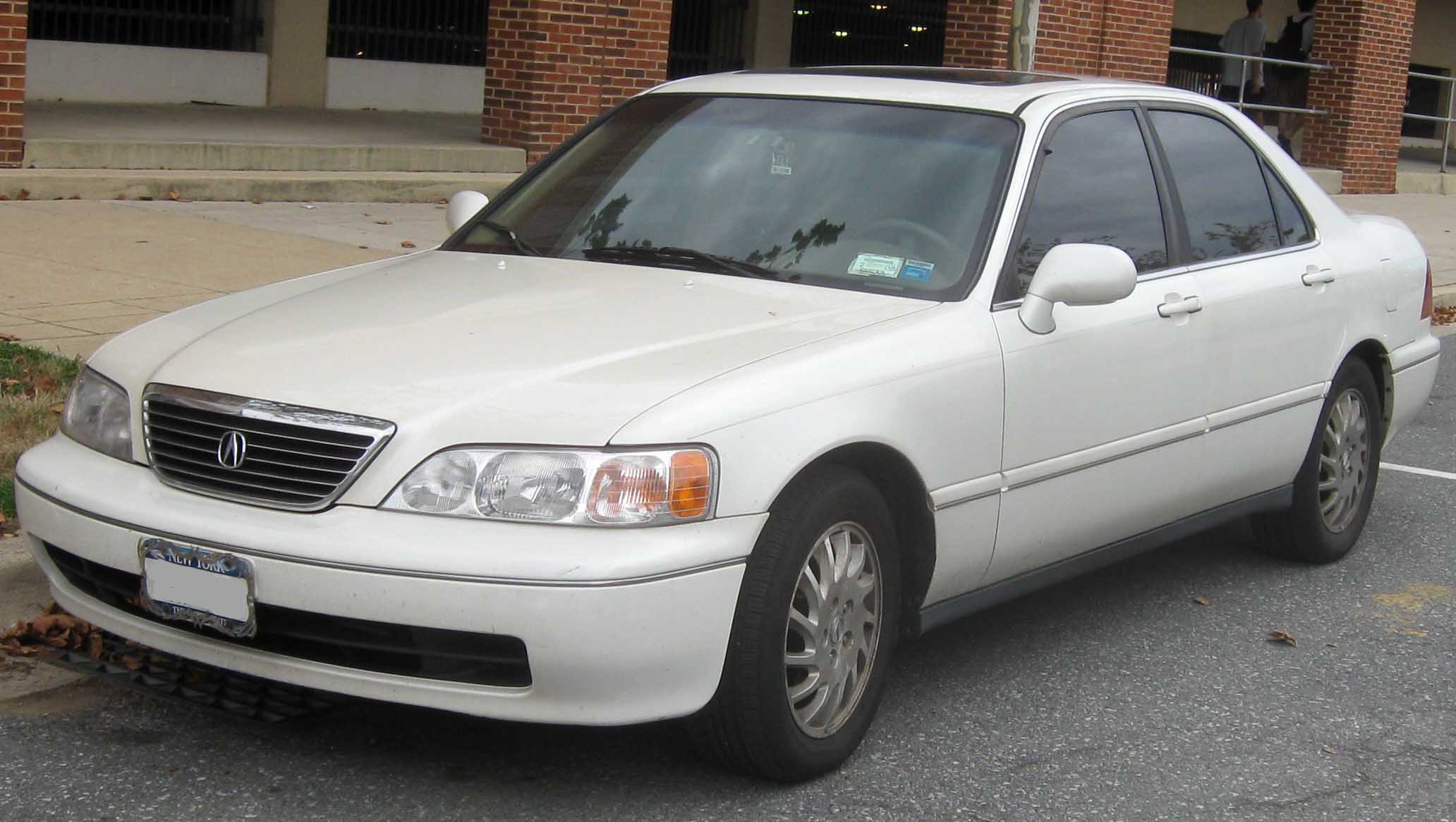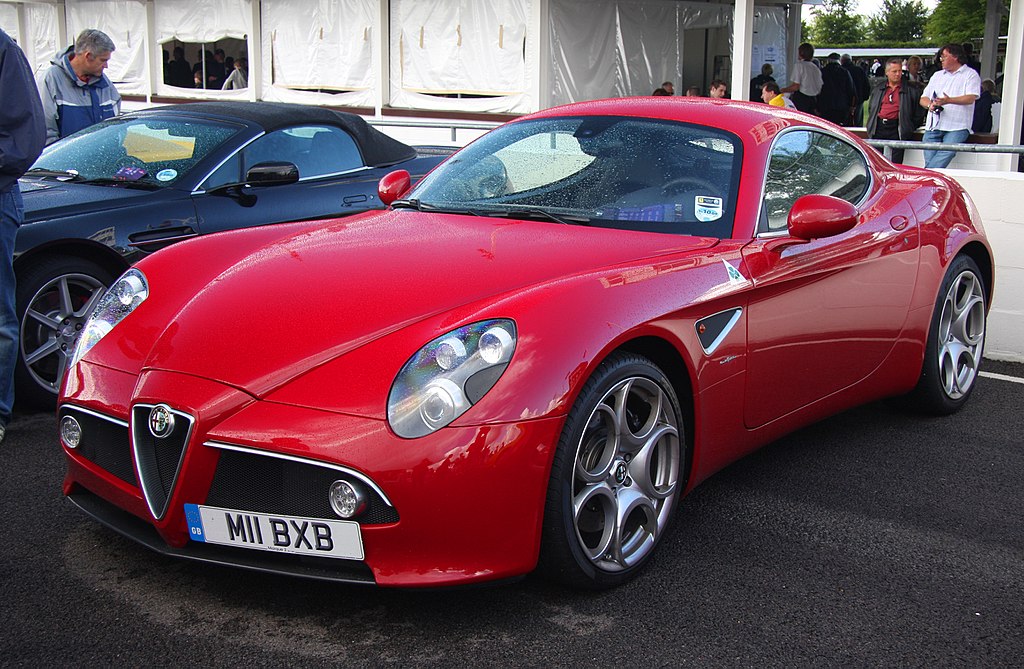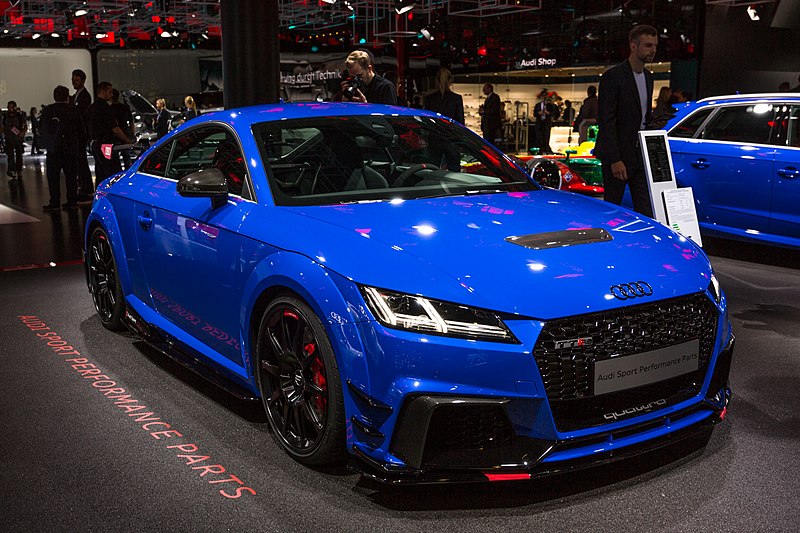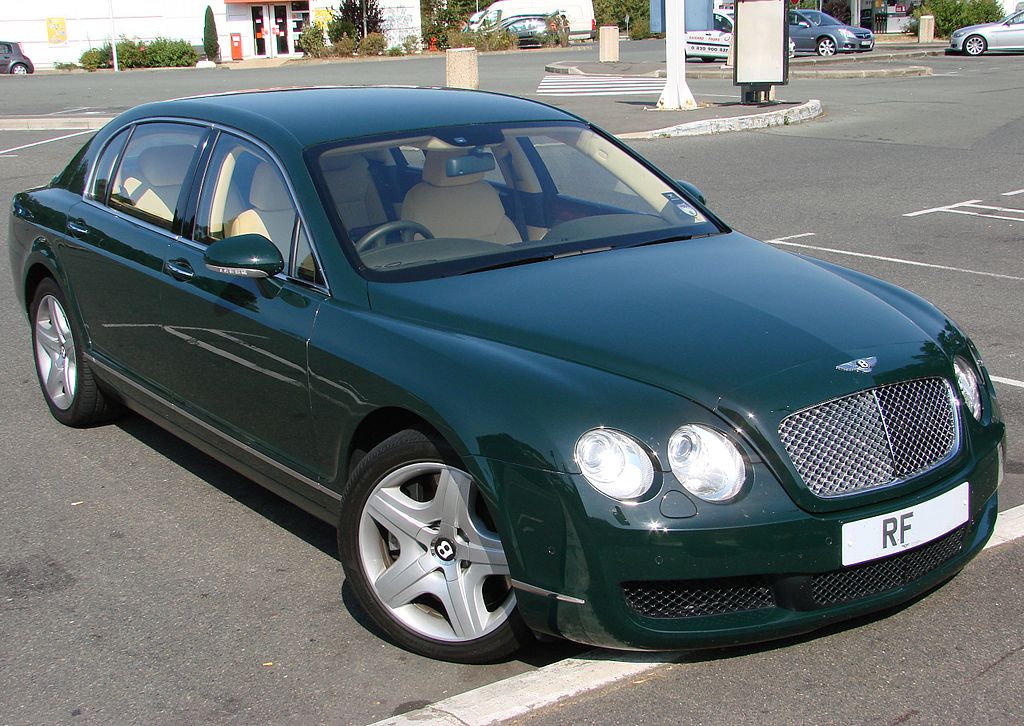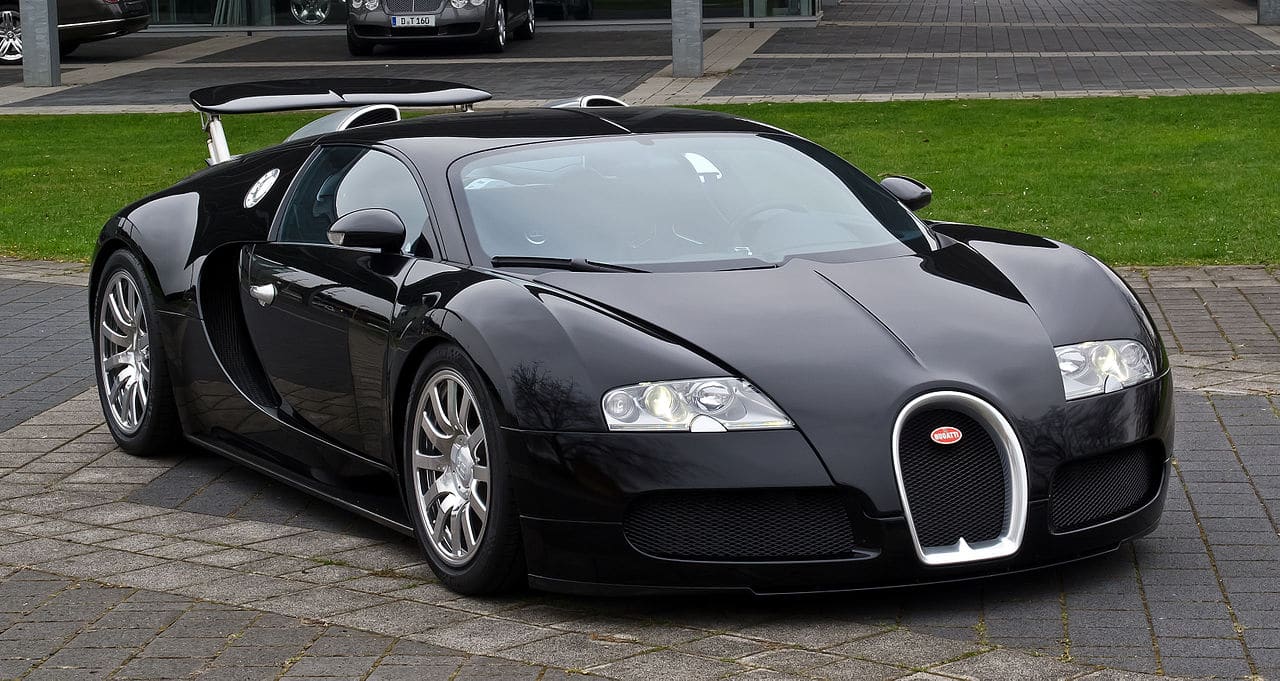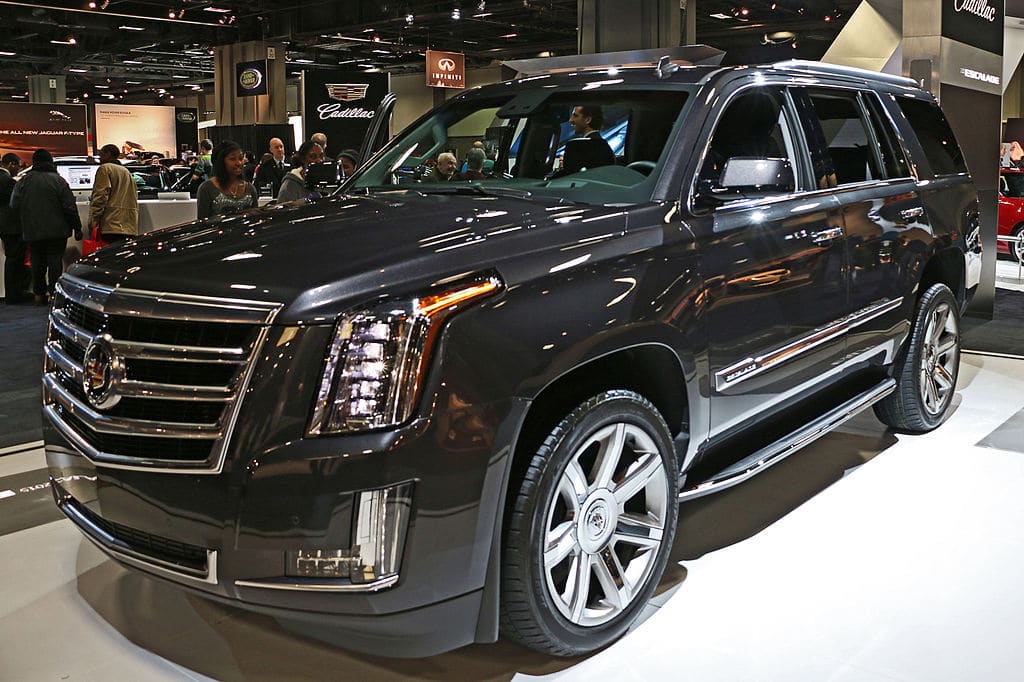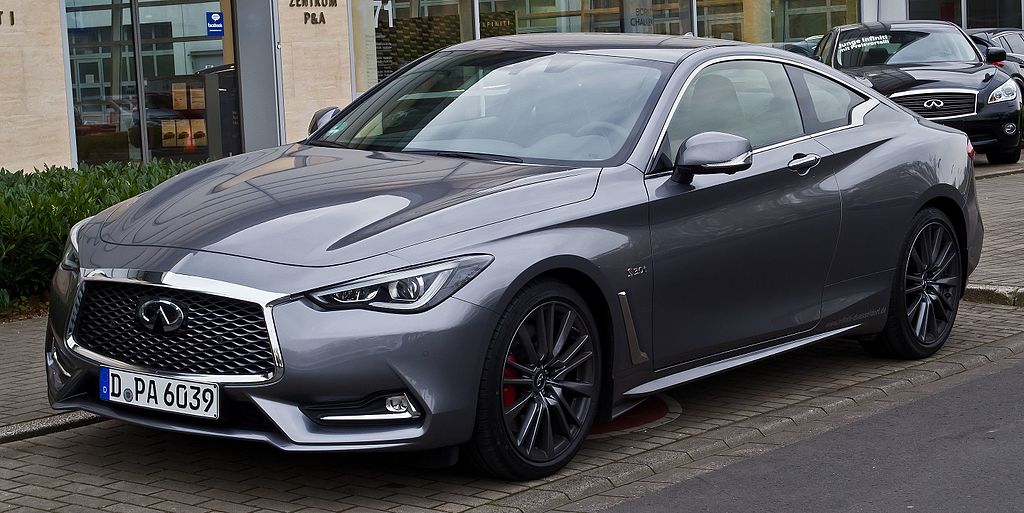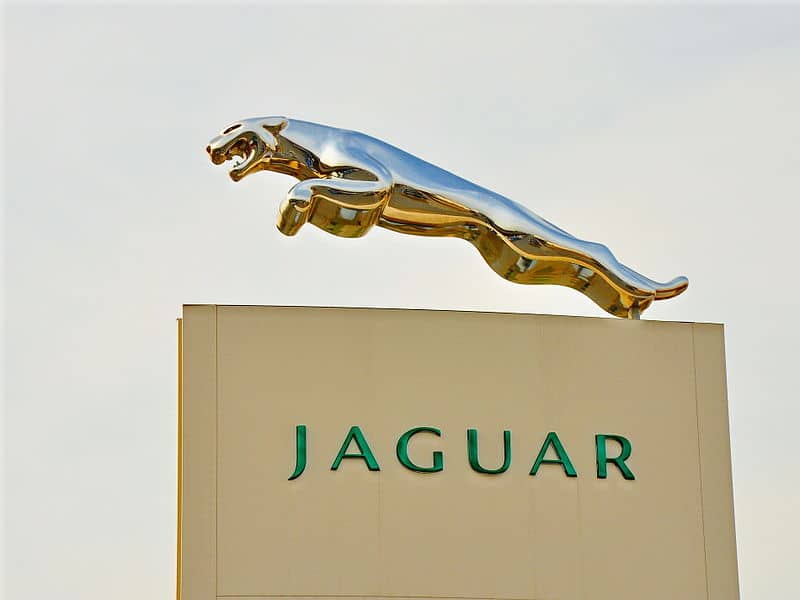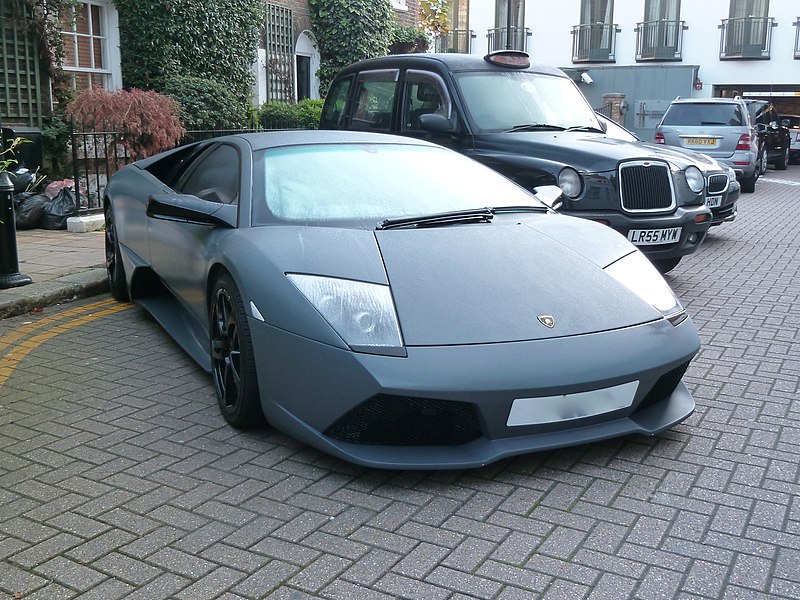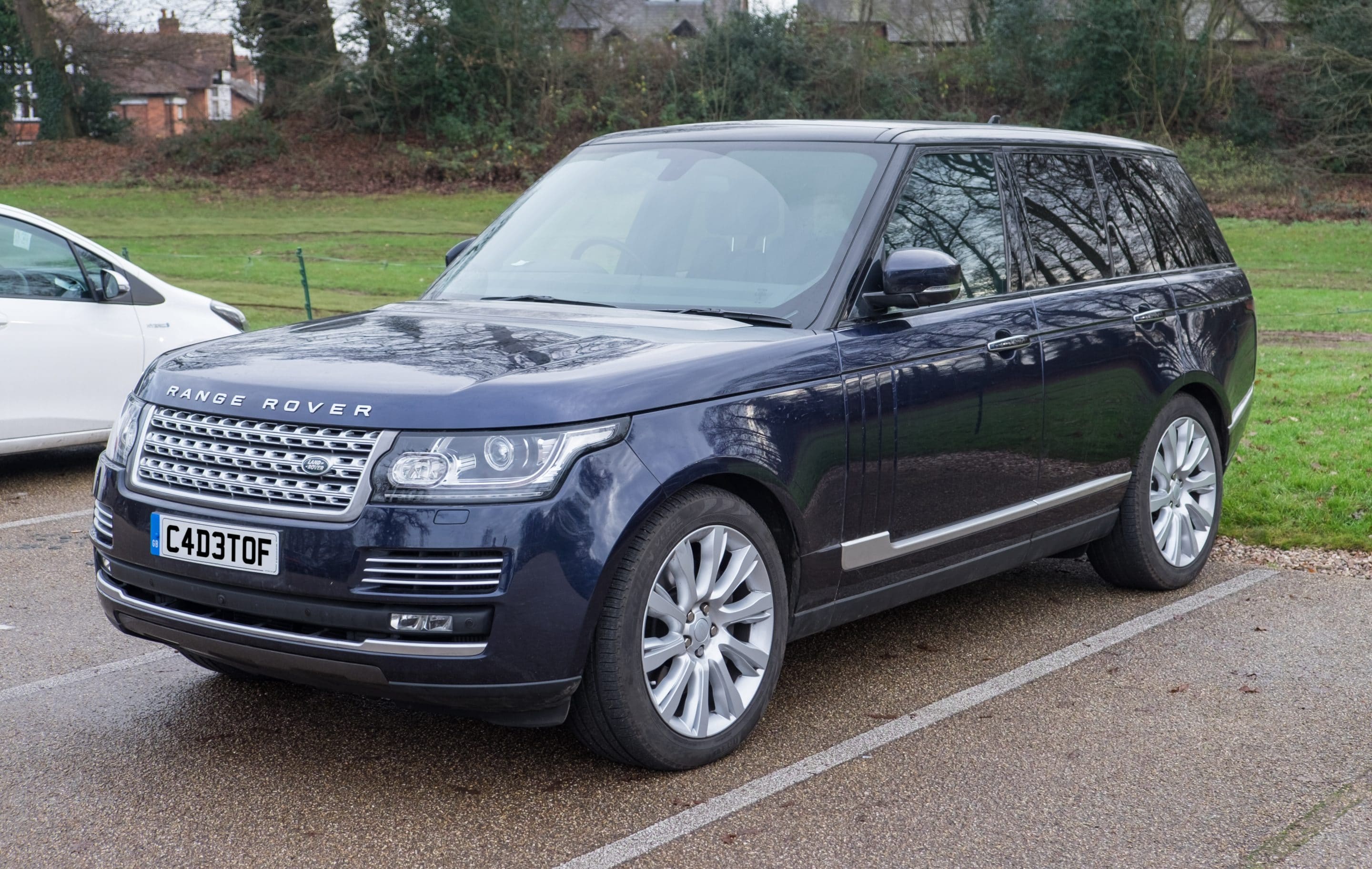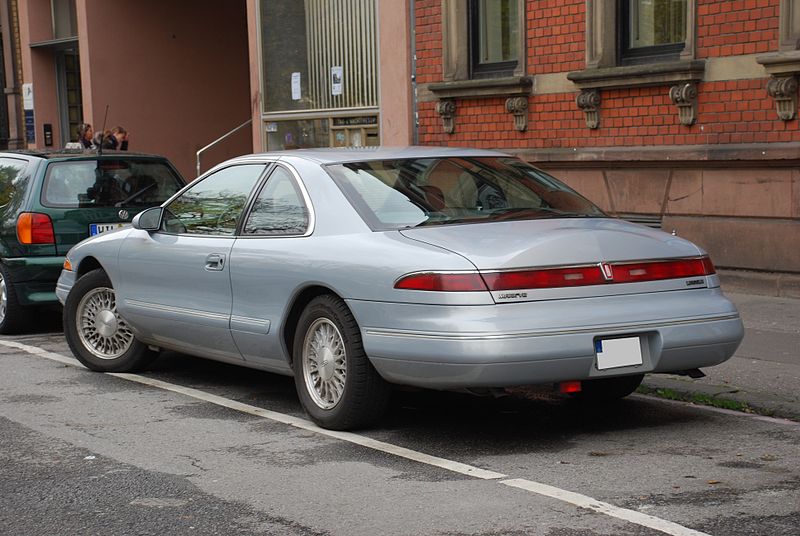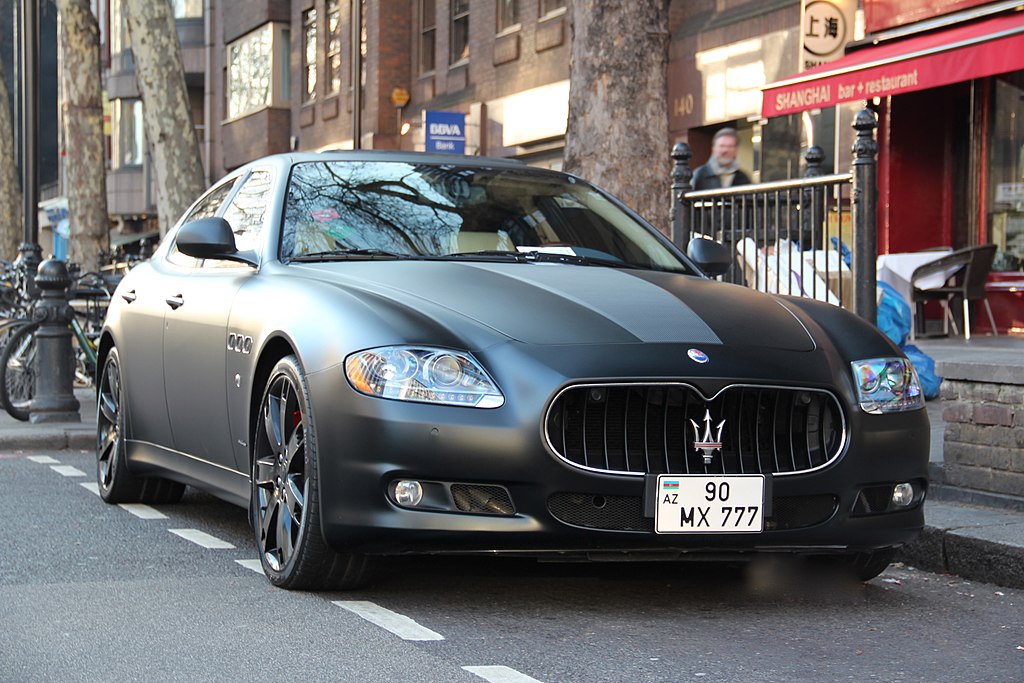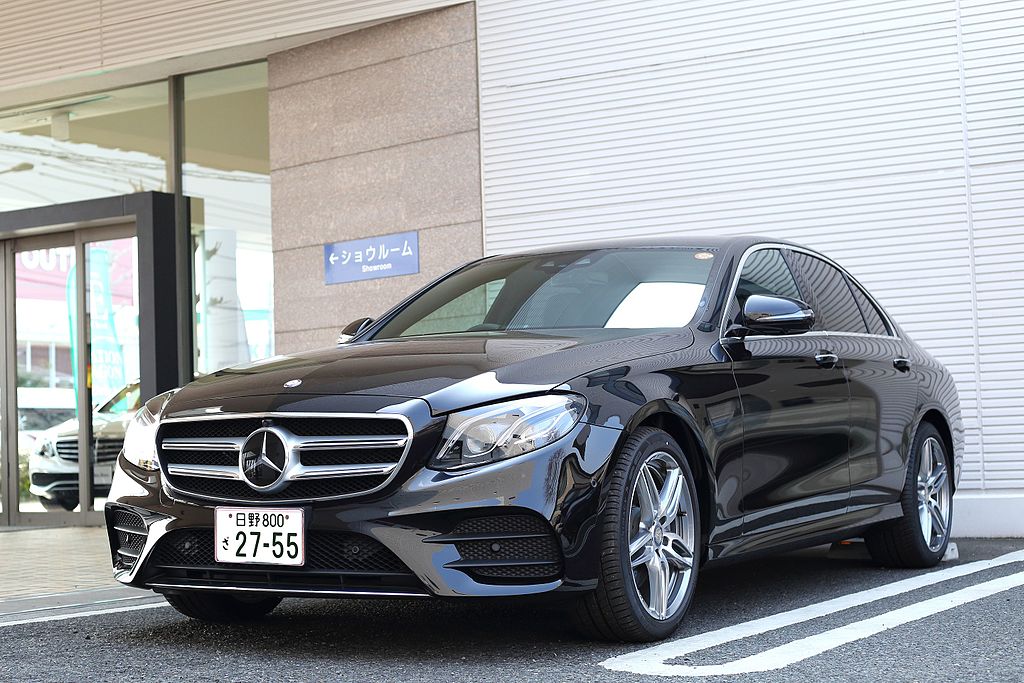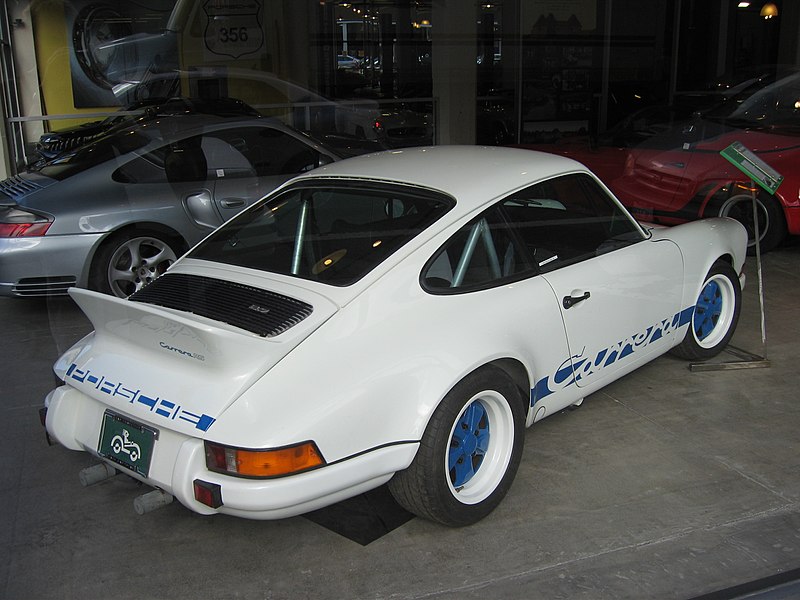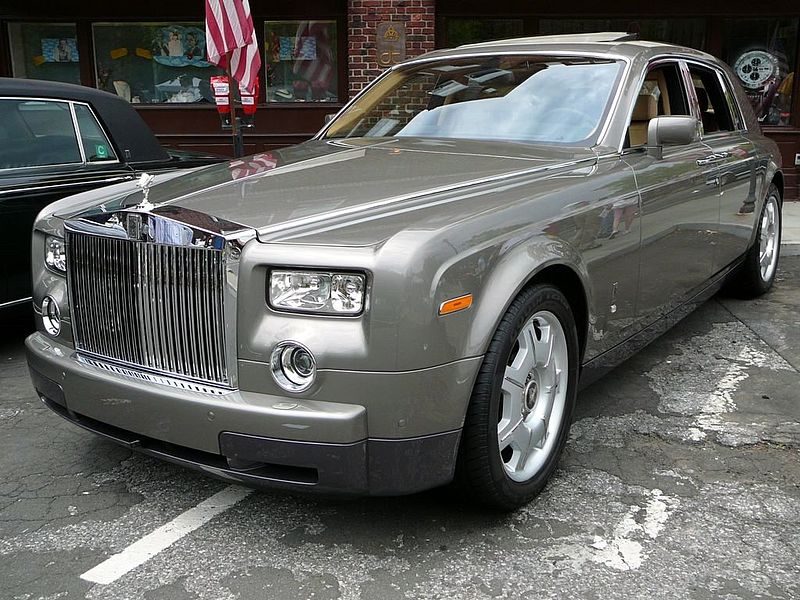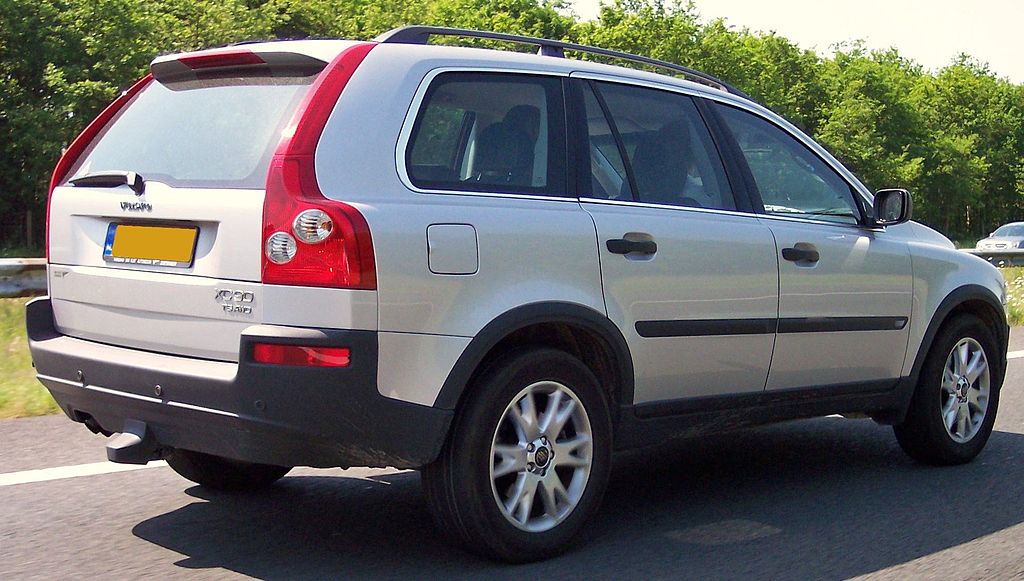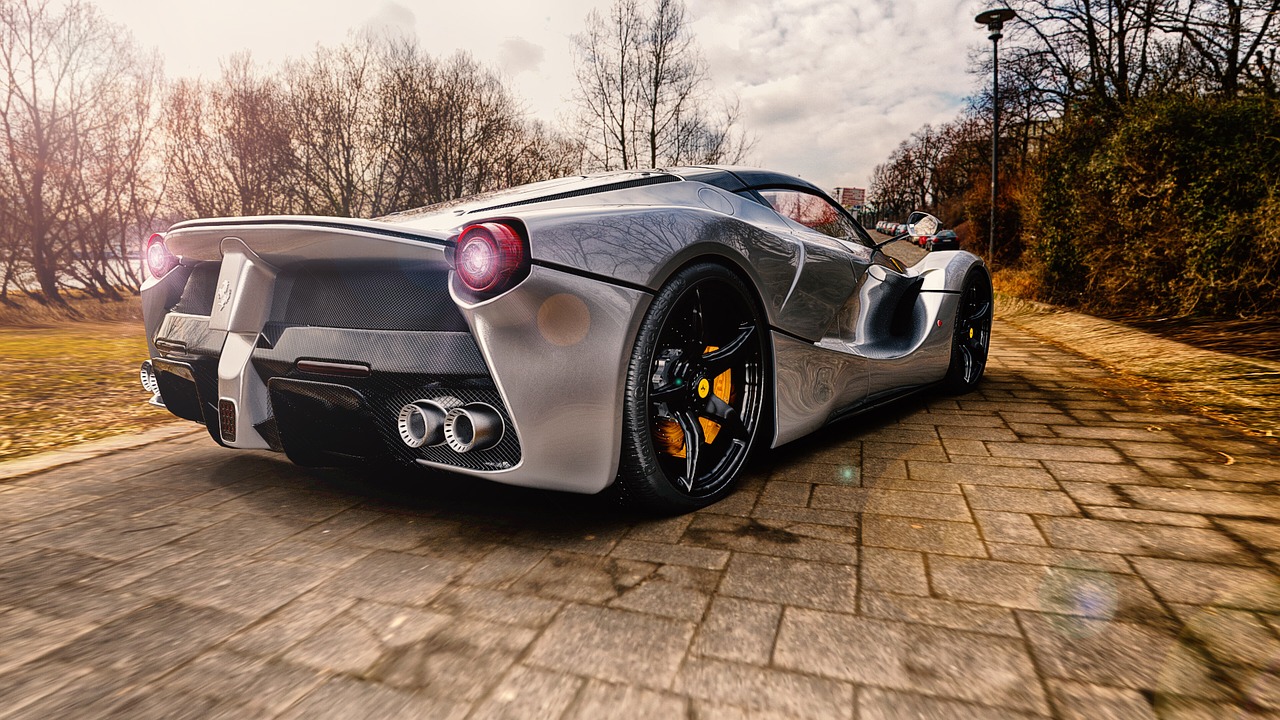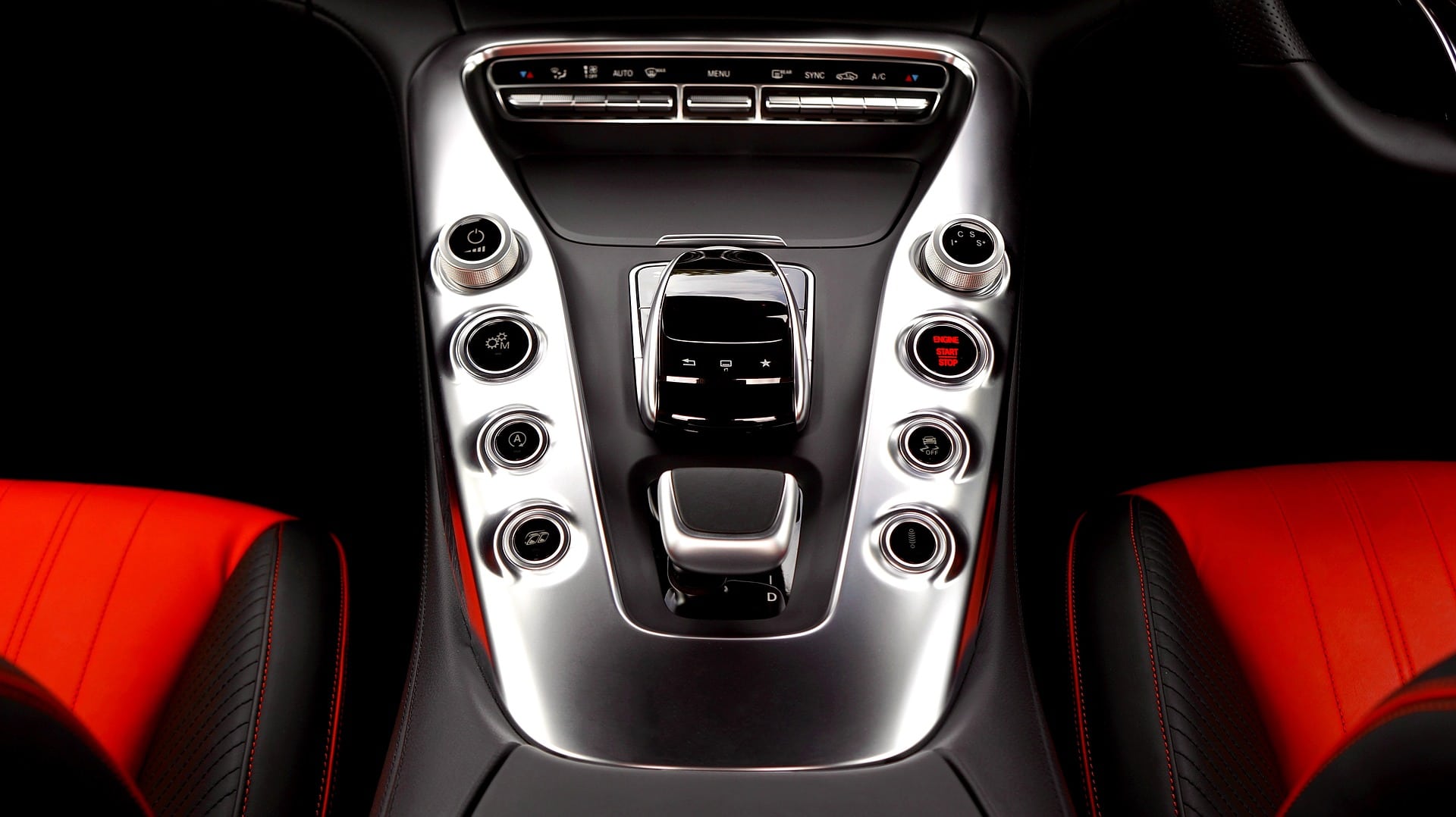Many of the luxury auto badges you know and love are actually owned by more common brands.
You probably know the luxury version of cars like Ford and General Motors. Lincoln and Cadillac had long served as the flagship badges for these two domestic brands. About three decades ago, Japanese brands got in on the action with Honda's Acura and Toyota's Lexus. The ties between base and luxury auto brands go much deeper, though. We've taken a look at the parent companies of our favorite luxury brands to bring the whole story.
Providing a luxury version of cars allows auto manufacturers to reach more customers.
The similarities between the base model and its luxury counterpart vary between companies. But the basic premise allows companies to use existing capabilities to create a luxury version of cars. This saves some money and allows for a more affordable final product than two separate companies. Sharing technology and hardware can give companies a leg up when competing in the crowded luxury market.
Why do large manufacturers have separate luxury brands?
In addition to consolidating resources and capital, the arrangement gives companies a bigger footprint. Those who might be moving up from an Honda, for instance, might consider an Acura.
This will help maintain the existing customer base with even more expensive products. Any company wants to cover as much of the market as possible. By providing a luxury version of cars they already build, auto manufacturers can accomplish that goal.
Why should you choose the luxury version of cars?
If you have been driving a standard sedan or SUV for a while, you might feel restless. Moving up in the world professionally often means aspiring for nicer things. And if that is where you are, you might want to consider the luxury version of cars you already know. Instead of learning the quirks and features of an all new brand, this method offers familiarity. Stepping into an Infiniti can feel very similar to the base Nissan version of a particular model.
There is a big difference in quality, though. Where standard makes will use an abundance of plastics and cloths, the luxury version of cars go beyond. You will see high quality construction and materials everywhere. Road noise is down and performance is up in the luxury version of cars. But there is still a shared philosophy that might make the transition to luxury a bit smoother.
Find the luxury version of cars that actually justify the higher price tag
We took a look at the high end brands owned by some of the world's leading car manufacturers. Comparing them to their parent company's cars, we tried to determine which brands provided the most. That can be measured in a variety of factors. Does the luxury brand give you significantly added horsepower and torque? Is it meant to provide isolation from the road? Determine what luxury looks like for you and we will help you determine if you are on the right track.
1. Acura
Honda owns Acura. The luxury brand traces its roots to the 1980s when it launched with just two models. The Integra and Legend went on to set the stage for generations of subsequent vehicles. Acura has been where Honda has introduced many of its performance features.
Its first V6 engine was in the Legend. The first NSX launched the brand into the realm of exotic sports cars. A few models have gone down as duds, but many were instant classics. The brand is still going strong and provides extra comfort and performance from its Honda counterparts.
2. Alfa Romeo
Fiat Chrysler Automobiles owns Alfa Romeo. If you are in the U.S., you have probably seen a few more on the road in recent years. The company has revamped its lineup to be focused on all out performance. It includes among the fastest sedan, SUV and coupe models on the road. Now they are available in America and people are getting a new look at the brand.
Driving a sedan like the Giulia is nothing like either a Fiat or Chrysler you have ever seen. This luxury version of cars is really a different experience entirely. There are still some shared components you can find if you know where to look. But these are definitely worth consideration if you want to upgrade to a stunningly fast luxury brand.
3. Audi
The Volkswagen Group owns Audi. The luxury version of cars under the Audi nameplate goes back decades. Volkswagen took control of the brand in 1965 and debuted its first successful model three years later. In the years since, it has emerged as a world class luxury brand.
You will still see some similarities between VW brands you already know and their luxury counterparts. As VW steps up its game, the line between it and Audi can become blurred. But rest assured, Audi still provides the luxury version of cars you just cannot get at a VW dealership. The R8, for instance, is an example of a renowned super car from this impressive nameplate.
4. Bentley
The Volkswagen Group owns Bentley. If you drive a VW and Audi is not quite luxurious enough, consider taking the next step. Bentley is an ultra luxury version of cars made under the VW and Audi badge. The British brand itself goes back many generations. But its current ownership dates back to 1998.
There are some structural similarities and shared underpinnings between the brands today. The comparisons pretty much stop there, though. Bentley makes no apologies for its strictly luxury demeanor. Aside from a very few other elite brands, sitting in a Bentley is unlike any other experience. Nowhere can you find the abundance of wood grain and supple leather. Then, press the accelerator and launch forward with the power of a race car. These beautiful cars do not come cheap, of course. But if you want the epitome of a luxury version of cars, you need not look any further.
5. Bugatti
The Volkswagen Group owns Bugatti. Another brand under the VW umbrella has its own claim to fame. It has also been owned by VW since 1998. Before that it had been a French owned company. If you thought the six figure price tags of Bentley models was high, you haven't met the Bugatti.
This brand made a huge splash with a car that cost more than $1 million. The Veyron also topped 1,000 horsepower. Even that was not enough for Bugatti, though. It followed that engine up with a 1,200 variation in later models. Now it has the Chiron, a car that is selling for $3 million. And it makes an eye popping 1,500 horsepower.
6. Cadillac
General Motors owns Cadillac. This is one of the most recognizable American luxury auto brands. It has a somewhat sketchy history that includes plenty of ups and downs. One one side, you've got the inimitable tail fins and big block engines that defined 1950s and 60s styling. Then there is the underwhelming performance and quality of the 1980s and 90s.
But now is a new day for the luxury version of cars you see every day on the road. Sure, there are plenty of shared parts with lesser GM brands. But Cadillac also features some incredible upgrades including an industry leading hands free driving system.
7. Infiniti
Nissan owns Infiniti. Dating back to 1989, Infiniti is one of the Japanese luxury version of cars to emerge in that decade. Early models looked very similar to Nissan counterparts. They often had unique color schemes or body cladding. There was no question you were in an upgraded version of a Nissan.
In recent years, Infiniti has followed Nissan's pursuit of bold styling and futuristic design. But inside, the focus remains on luxury. You will find well appointed interiors and intuitive tech features. And the power train on these models is a solid step up from the basic Nissan offerings. An array of body types -- SUV, coupe or sedan -- are available under this popular luxury auto maker.
8. Jaguar
Tata Motors owns Jaguar. The luxury brand was under the ownership of Ford for many years. In 2008, though, it sold the luxury version of cars it was making to an Indian auto manufacturer. Tata Motors has since invested in new models and expanded its model lineup.
Jaguar languished under Ford's ownership and some said the brand's reputation sagged. In recent years, though, both performance and quality have trended in the right direction. It shares some components with Land Rover, which Tata Motors also purchased in the 2008 deal. But it is nonetheless very unique. Even though it has a leading SUV manufacturer in the family, a new Jaguar SUV is all original. The F Pace recently went on sale and is not based on any current Land Rover model.
9. Lamborghini
The Volkswagen Group owns Lamborghini. Is there no end to the number of luxury brands under the VW umbrella? It also includes Lamborghini, which has made some of the most poster worthy models in automotive history. Now it is owned by the same company that makes your aunt's Passat. But the outrageous roots of unbridled power and absurd styling remains in the current models.
There are officially only two models currently offered under the Lamborghini badge. But if you have enough money, you can commission an ever rarer model of your very own. These cars are otherworldly. Once inside, you are constantly aware of the tremendous power and exotic nature of the beast. Whichever model you choose, you certainly won't mistake it for that Passat.
10. Land Rover
Tata Motors owns Land Rover. Like Jaguar, the Indian auto manufacturer purchased Land Rover in 2008. The luxury SUV maker has continued to build on its reputation for an unparalleled combination. Not only are Land Rovers impeccably appointed for luxury, they offer owners great off roading capabilities.
The brand has long been plagued with reliability problems. Those problems appear to be getting better in current models, though. If you don't mind paying a premium for your SUV to get the best, consider Land Rover. The luxury version of cars extends to the SUV and truck market, too. And Land Rover long ago figured out how to offer what the public wanted.
11. Lincoln
Ford owns Lincoln. Like Cadillac, Lincoln was once accustomed to ruling the roost in terms of domestic sales. With big brands like the Town Car and Continental, Lincoln represented the pinnacle of suburban success. Throughout much of the 20th century, this remained the case. New and renovated brands are giving it a run for its money. Though it remained relevant through the introduction of the Navigator, sales are not great for Ford.
And with the parent organization de-emphasizing passenger cars, that trend could continue. Nevertheless, with about a century of history behind its current lineup, you can count on quality. Expect more emphasis on smaller SUVs in the vein of its Navigator as the brand goes forward. There are already a few to choose from either already available or in the works.
12. Lexus
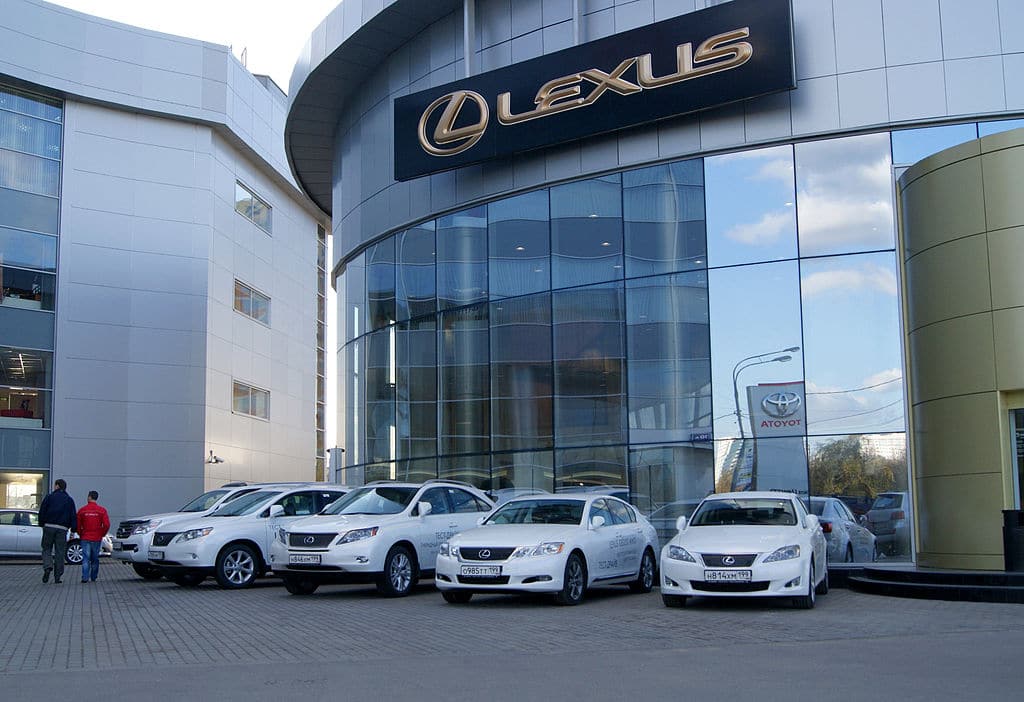
Credit: Wikimedia Commons, Sergey Rodovnichenko
Toyota owns Lexus. It was another Japanese auto maker to launch a luxury version of cars in its lineup. Toyota had already built a reputation as a solid, reliable brand of autos. When it decided to translate that trait into a luxury brand, it saw a lot of success. In 1989, the company was smart about getting its name out to customers. It did not even promote the model for its LS flagship. The trunk lid of the first model only said Lexus and bore the distinctive "L" emblem.
Since then, the lineup has become even more diverse. With SUVs, sporty coupes and expressive sedans, you can find a lot of variety. Some feel the extreme edges are off putting but others find them refreshing. After decades of fairly safe (if not boring) designs, Lexus now offers something truly different. But it is still rooted in the safety and reliability of its Toyota cousins. That's probably why it remains one of the most popular luxury brands despite controversial styling.
13. Maserati
Fiat Chrysler Automobiles owns Maserati. The brand has changed hands a number of times. But its commitment to driver focused sports cars has remained consistent. Fiat broadened its stable of cars by acquiring the Maserati brand before its own merger with Chrysler. Maserati was previously owned by Ferrari, a company in which Fiat also had a stake.
Some have criticized the brand for lagging behind the times without a flagship SUV. That is changing, though, with a five year plan that includes a focus on such vehicles. But you can still expect the traditional focus on sports car flair and a quiet, luxury cabin atmosphere.
14. Mercedes Benz
Daimler owns Mercedes Benz. You might not be too familiar with the parent company of this luxury version of cars. Mercedes Benz is certainly a car brand that outshines its corporate owners. But that does not mean Daimler is not an important company or influence on the brand. It is the maker of the Smart car, a line of small vehicles popular in urban environments. The company also makes a line of commercial vehicles.
But Mercedes Benz is definitely the badge that earns the company the most attention. Daimler had been merged with Chrysler and that corporation also owned Merceded Benz. No matter its owner, though, this German luxury brand continues to exude class and style. Times -- and business partnerships -- may change, but Mercedes Benz remains a world class luxury automotive option.
15. Porsche
Volkswagen Automotive Group owns Porsche. Yes, that's right. Volkswagen owns yet another luxury version of cars in its stable. But Porsche still retains so much of its automotive roots. The current corporate relationship dates back to 2012. At the time, though, Porsche wanted to buy out VW. That effort did not succeed, but Porsche has remained a priority for its new owners.
It was ahead of the curve in offering luxury, performance geared versions of SUVs. The Cayenne set the stage for the Macan that came later. Now the luxury version of cars in other lineups are struggling to keep pace. Because of its forward thinking the company is now is prime position to thrive. And it continues to mesh nicely with its fellow German auto makers at VW. Expect continued quality and versatility from this leader in expertly tuned driving machines.
16. Rolls Royce
BMW owns Rolls Royce. You know you are in for a treat when the luxury version of cars comes from another luxury brand. BMW knows what it is doing and has created the "ultimate driving machine" for generations. But if that is not enough luxury for you, you are in luck. BMW has owned Rolls Royce since 2002, having owned its name for years prior to that.
There are some shared technologies between the brands. One of the most noticable is the exterior camera system. But the BMW system is arguably the best in the industry. So with that in mind, nobody is really too upset it is also in the Rolls Royce. Everything else is just luxury turned up to an unimaginable level. On par with only the likes of Bentley, a Rolls Royce sets the standard for what is available in a car. There is even an SUV available in the current lineup, so you can have brilliant luxury even off road.
17. Volvo
Zhejiang Geely Holding owns Volvo. You'll be excused for not recognizing the parent company's name. Though Volvo has deep Swedish roots, the Chinese auto manufacturer bought the brand in 2010. It had been owned by Ford prior to that deal. Volvo has a long reputation for safety and convenience and continues to build on those traditions.
But is has also evolved to include a stable of intuitive and beautiful vehicles. Style was not always associated with the brand. But now Volvo offers some of the most stylish cars and SUVs on the road. And they are all based on the assumption that its drivers value luxury. Prepare to be pampered and treated to the latest tech advancements in your Volvo test drive.
The luxury version of cars have to go more than an extra mile to justify a premium price tag.
When you have an automotive company to build on, you are ahead of the game. That is what numerous car manufacturers have found in recent years. We hope we have been able to sort out which company really owns your favorite luxury brand.
If you enjoyed our list, consider sharing it with the auto enthusiasts in your life. And let us know your favorite luxury auto maker in the comments section below.

